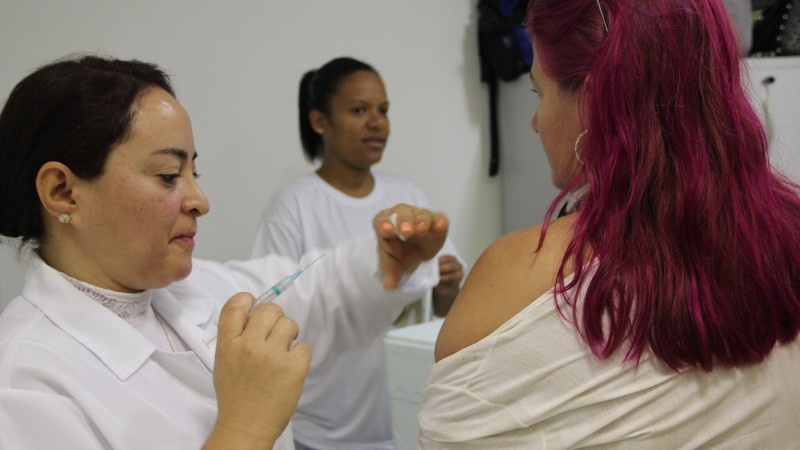The Secretariat of Health (SES) has received the operational technical report for the campaign against influenza in 2023. In the document, prepared by the Ministry of Health, the initial target audience for the campaign is 4.7 million people in Rio Grande do Sul. The Ministry of Health will organize the 25th national influenza vaccination campaign from April 10 to May 31 this year.
The priority groups of the campaign are formed by children from six months to less than six years of age, health workers, pregnant women, postpartum women, basic and higher education teachers, indigenous peoples, the elderly over 60 years of age, security and rescue forces professionals , Armed Forces professionals, people with chronic non-communicable diseases and other special medical conditions, and those with permanent disabilities.
Truck drivers, public road transport workers for urban and long-distance travellers, dock workers, residents deprived of liberty, workers in the regime of deprivation of liberty, adolescents and young adults aged 12-21 within the framework of social and educational measures have priority in vaccination.
“Vaccination against influenza is one of the preventive measures to prevent disease, its complications and mortality, in addition to contributing to the reduction of viral circulation in the population, especially in individuals who have risk factors or conditions,” explains Director of the Governmental Center for Health Surveillance (Cevs), Tani Ranieri .
The campaign aims to vaccinate at least 90% of children, pregnant and postpartum women, the elderly, indigenous peoples, teachers and health workers.
Initial target audience estimate in Rio Grande do Sul
- Children from six months to less than two years old – 186,630
- Children from two to less than six years old – 567013
- Pregnant women – 93,155
- Mothers – 15,339
- Seniors over 60 years old – 2,219,023
- Health workers – 361.21
- Indigenous people – 34,807
- People with chronic non-communicable diseases and other special medical conditions – 665,072
- Adolescents in Social and Educational Measures – 1249
- The number of residents deprived of liberty – 33,699
- Personnel of the regime of deprivation of liberty – 6745
- Teachers – 153,385
- Security and Rescue Forces – 28178
- Armed Forces – 38,899
- Disabled – 488,941
- Truck drivers – 128,564
- General road transport workers for urban and long-distance travelers – 29034
- Dockers – 4051
- Total: 4,693,944
flu
Influenza is an acute respiratory viral infection, highly contagious, widespread globally and tends to spread easily in seasonal epidemics, and may also cause epidemics.
According to the World Health Organization (WHO), cases of influenza range from mild to severe and can lead to death. It is an acute respiratory infection caused by types A, B, C, and D, with A and B viruses responsible for seasonal epidemics. In addition, influenza A virus has been specifically associated with pandemic events, such as the one in 2009.
In general, the incubation period for the influenza virus is two days. The infection can be asymptomatic or cause severe symptoms. Severe cases occur most frequently in individuals who have risk factors or conditions for complications of infection, infants in the first year of life, children six months to less than six years of age, pregnant women, older adults age 60 or older, and people with underlying medical conditions. Chronic non-infectious and other special medical conditions.
Transmission occurs through respiratory droplets caused by coughing, sneezing, or talking from an infected person to an infected person. Influenza syndrome is characterized by the sudden onset of fever, headache, muscle aches, cough, sore throat, and fatigue.
Text: Jose Luis Zasu / Ascom SES
Editing: Camilla Cargnilotti/Secom

“Wannabe internet buff. Future teen idol. Hardcore zombie guru. Gamer. Avid creator. Entrepreneur. Bacon ninja.”

